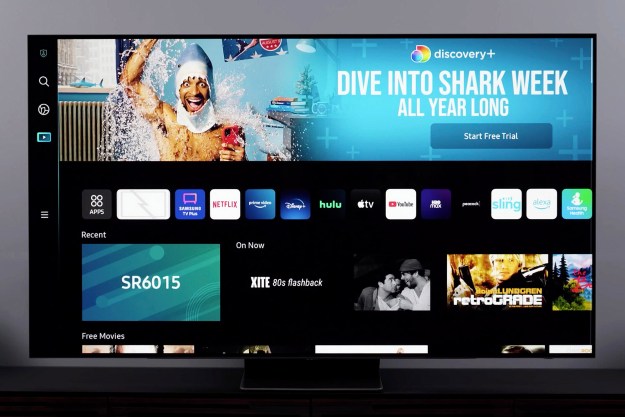JupiterResearch released its annual digital television forecast today, in which the research and analysis firm projects digital video recorders (DVRs) will be in 47 percent of U.S. households by the year 2010, while high-definition television (HDTV) will be present in 63 percent of U.S. households. For DVRs, the numbers represent an include from approximately 7 million households in 2004 to 55 million in 2010; for HDTV, the estimated increase is from 13 million households to 74 million over the same period.
JupiterResearch’s forecasts seem to contradict general sentiment regarding the U.S. consumer television market, where DVRs have been embraced both by users and service operators as an ascendent technology, while HDTV is largely surrounded in a fog of industry and regulatory uncertainty.
As JupiterResearch’s own findings point out, television service providers are already embracing DVRs as a way to attract new users and boost subscriber revenue; in addition, satellite services view DVRs as a way to compete with video-on-demand technologies being rolled out by cable companies.
High-definition television signal, conversely, is currently only available to less than 4 million of 7 million HDTV households in 2004, suggesting that nearly half those HDTV households employ HDTV monitors for something other than high-definition television (games, DVDs, and custom uses come to mind). Television networks and service operators are still struggling with the production and distribution costs of HDTV and are uncertain of consumer interest in the media. Currently, less than 30 hours of programming a day are available across the seven major broadcast networks, with the largest provider being PBS. But federal mandates for digital television broadcasts—originally slated for 2007 but more realistically delayed until 2010 to 2015—will no doubt spur adoption of digital receivers and HDTV.
Editors' Recommendations
- LG’s stylish CineBeam Q projector changes name, hits the U.S. in April
- Spotify Premium adds 200,000 free audiobooks for U.S. subscribers
- Pay up! Netflix begins account sharing crackdown in the U.S.
- Sharp is bringing one of the first OLED Roku TVs to the U.S. in 2023
- JBL confirms U.S. pricing, release dates for new Tour One M2 and Tour Pro 2


